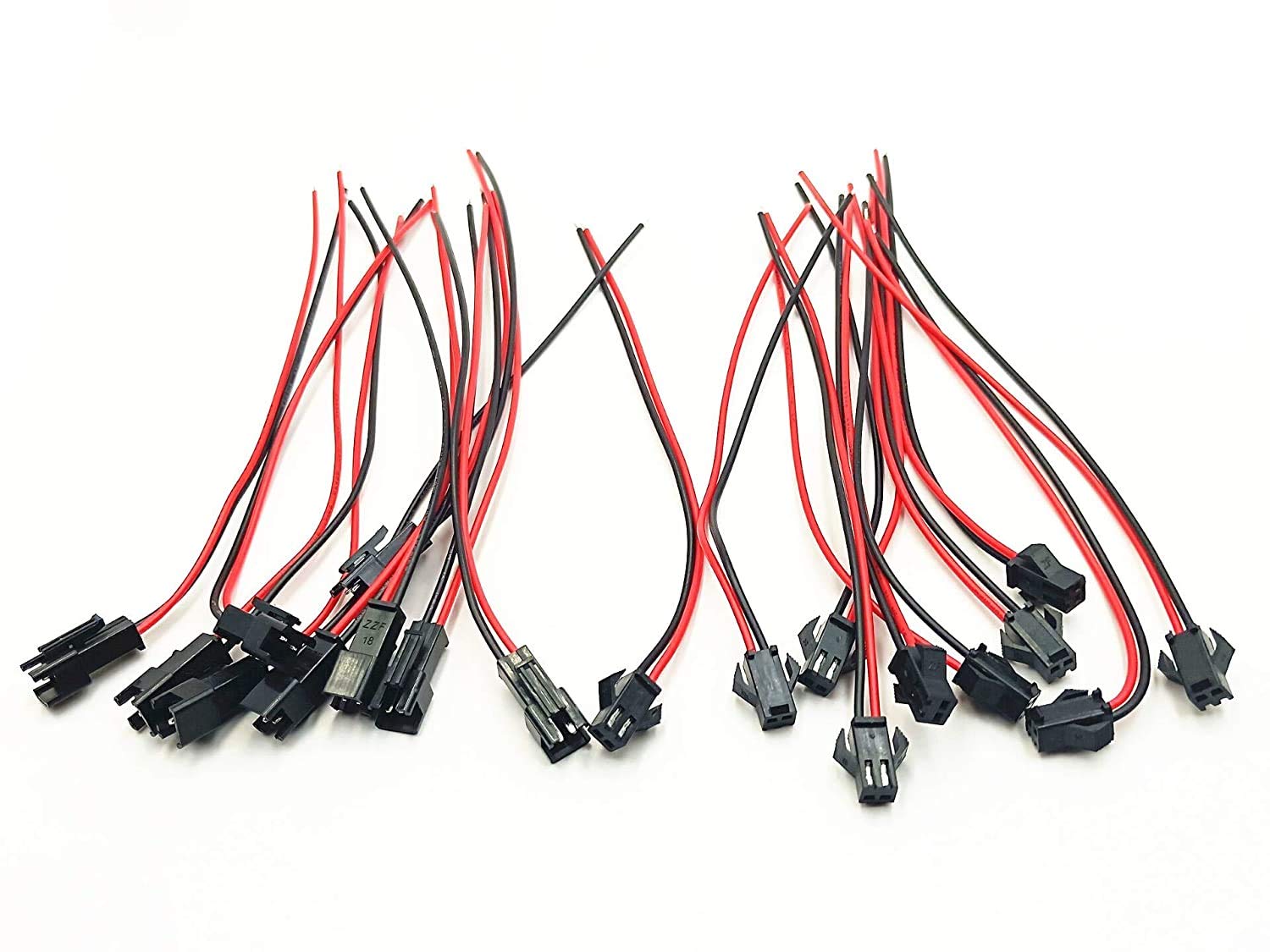Many cat owners consider scratching to be undesirable behaviour. Cats do this to mark their territory and sharpen their claws. The physiology has developed to her by doing this intuitively. Sweat glands may be seen on a cat’s paws. When a cat scratches, she leaves smell and visual markings that help her area be identified. Scratching poles should be placed in locations to satisfy the scratching instinct, such as at entrance points. Covering furniture with double-sided tape will also help to prevent scratches.
- Other innate habits that irritate owners include disregarding filthy litter boxes and disappearing for long periods. Because she doesn’t want to mix with the stench of the litter box, the cat will overlook a small dirty box.
- It may cling to her, making it simple for more giant predators to locate her. Keep your cat’s litter box clean to encourage her to use it. It should be cleaned at least once a day. Cats also desire to be alone and away from humans for long periods. Encourage her by getting her a cosy cat bed. The cat will appreciate the seclusion, and you will know where she is.
- Each cat has a distinct personality. However, all cats have tendencies. Instinctive behaviour is more prominent in particular cats than in others. Don’t be bothered by it. Do not restrict the cat’s behaviour unless she threatens other animals in the neighbourhood or herself.
- The suggestions above will assist you in satisfying the cat’s curiosity without putting it to death. Cats are known for their independence, so it’s difficult to imagine them suffering from something like separation anxiety.
- Cats are friendly animals who establish strong bonds with their owners and dislike change. As a result, when an owner’s schedule or habit is abruptly altered, a kitten may feel abandoned. Separation anxiety in a dog is much easier to detect than in a cat. In the same way, a dog would bark or destroy the home in response to your absence, and your cat would not.
- As veterinary medicine increasingly uses expensive techniques and drugs and pet owners have higher expectations for their pets’ health care and standard of living, the market for cat insurance has grown. Unfortunately, many pet parents mistakenly assume that pet health insurance is human.
- When you’re not around, they may urinate on your bed or clothes. While this may appear to be a retaliatory action in response to your departure, it might also be a means for them to self-soothe by leaving a small trail that will make it easier for you to find them.
- Cats are not solitary creatures; they need attention and play to be genuinely happy and healthy. Loud and excessive meowing, excessive self-grooming and licking, house soiling, loss of appetite or eating too rapidly, vomiting and diarrhoea are all symptoms that your cat is experiencing from anxiety issues like solitude and emotional neediness.
While a cat may not be as destructive as a dog when it comes to destroying your home, inappropriate behaviour is a frequent symptom of separation anxiety. For example, they can knock objects over and scratch doors and furniture. Dog insurance helps you if your cats get injured because of sharp edges on the table.







